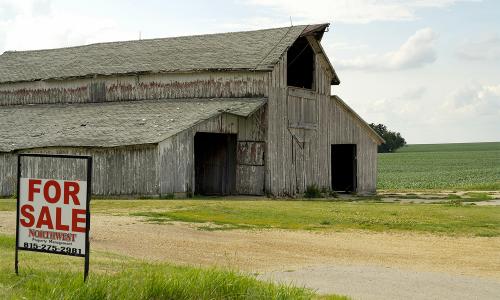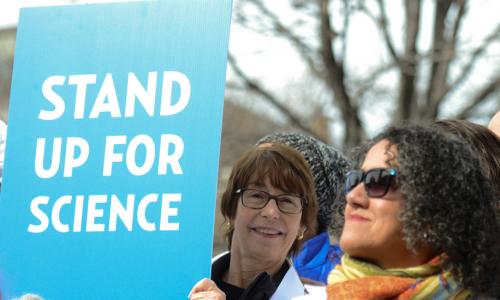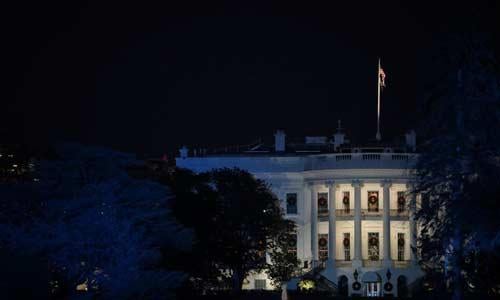Over the past century, farms in the United States have steadily grown in size while dwindling in number.
This trend toward larger, fewer farms, known as farmland consolidation, carries with it an array of negative social consequences. It creates barriers for new farmers, undermines the historical foundation of rural economies, and drives the depopulation of rural communities. These issues are of particular concern in the Midwest, an important center of agricultural production that has experienced especially severe consolidation. And their effects have not been distributed equally: for Black farmers, the fierce competitive pressures of consolidation have been compounded by the shameful history of intentional, systematic, institutional racism.
In this 2021 analysis, we assessed the extent and distribution of farmland consolidation in the United States from 1978 to 2017 and investigated connections between trends in land consolidation, new farmer entry, and changes in the number of Black farmers. We found that in counties experiencing faster consolidation, the share of new farmers and young farmers declined faster, while farmer age and average years of experienced increased faster. And we found that when states are ranked by their proportion of Black farmers, states experiencing the most consolidation fell furthest in the rankings, while states experiencing the least consolidation tended to rise.
The drivers of consolidation are complex, and solutions will need to address them in a coordinated way rather than piecemeal. To slow and reverse farmland consolidation, support the next generation of farmers, rebuild the rural economy, and help repair the harm done to Black farmers by a century of land theft, the analysis recommends several policy initiatives for Congress, the US Department of Agriculture, and other relevant policymakers.
Downloads
Citation
Ferguson, Rafter. 2021. Losing Ground: Farmland Consolidation and Threats to New Farmers, Black Farmers, and the Future of Farming. Cambridge, MA: Union of Concerned Scientists.




